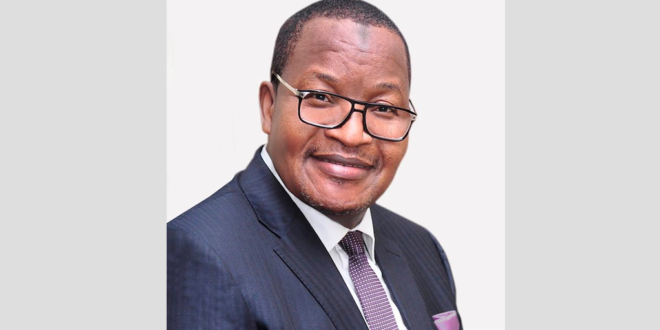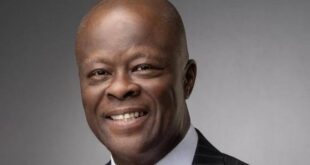The Nigerian Communications Commission has said that the annual outflow of foreign exchange for the telecommunications sector is about $2.6bn annually.
The NCC disclosed this in its ‘National Policy for the Promotion of Indigenous Content in the Nigerian Telecommunications Sector’.
According to the document, the telecommunication sector spends $750m on CAPEX projects, $250m on network software licensing, $800m on management fees, $157m on managed services (Tier 2 and 3 Support), and $200m on miscellaneous (international circuits, roaming and terminations reconciliations etc.).
The document revealed that the statistics used to arrive at the figure were based on the average annual reports of a sample of industry players in the telecom sector over a five-year period.
A portion of a statement signed by the President, Major General Muhammadu Buhari said, “The National Policy for Indigenous Content in the Nigerian Telecommunications Sector is in line with this administration’s commitment to ensure that Nigerians become active participants in the different sectors of the economy.
“This is clearly stated in our Presidential Order 005 on ‘Planning and Execution of Projects, Promotion of Nigerian Content in Contracts and Science, Engineering and Technology’ and Presidential Executive Order 003 on ‘Support for Local Content Procurements by Ministries, Departments and Agencies of the Federal Government of Nigeria’.
The NCC is pushing for more local player participation in the telecom space. The commission said 77 per cent of the software used in the telecom space was foreign. Hardware used the sector was 86 per cent foreign.
Data on Base Transceiver Stations also revealed a dominance of foreign products over those produced locally, as 88 per cent were foreign with only 12 per cent being manufactured in Nigeria.
According to the NCC, there are more foreigners (69 per cent) among the top management staff of telecoms companies in Nigerian.
The policy wants telecom companies with foreign participation to have a clear succession plan for senior management positions with conscious actions made to build capacity and provide opportunities for Nigerians to attain these positions.
It proposed a minimum Expatriate Quota requirement, which states that each expatriate employed by a company should be understudied by two Nigerians and that Expatriate Quota approvals by the Ministry of Interior must have validity dates, and must be adhered to.
 The Commerce Africa African Reneissance
The Commerce Africa African Reneissance


